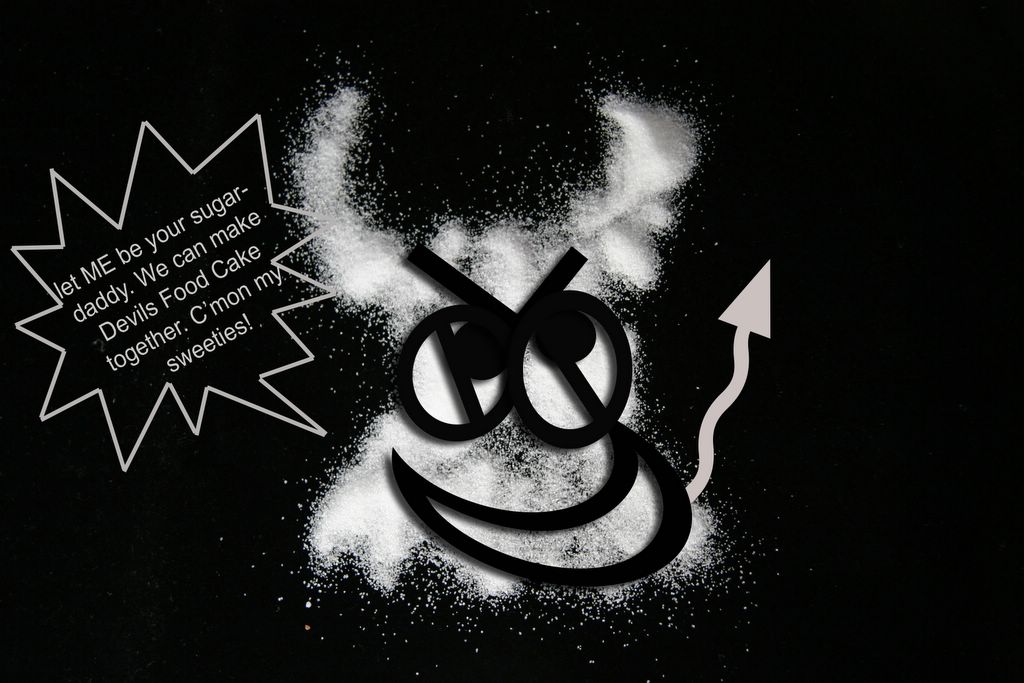theatlantic | There’s no biochemical reaction that requires alcohol. Thirty-nine percent of Americans are teetotalers, and while they might be missing out on some fun, they’re not exactly ill.
Which brings us to sugar. Another fun substance, full of energy, made
up of two molecules linked together: glucose (kind of sweet, and not
that much fun), and fructose (very sweet, and a whole lot of fun).
Glucose is a nutrient, although not essential—it’s so important, that if
you don’t eat it, your liver will make it. But what about fructose? Is
fructose a nutrient? As it turns out, there’s no biochemical reaction
that requires dietary fructose. A rare genetic disease called Hereditary Fructose Intolerance afflicts
1 in 100,000 babies, who drop their blood sugar to almost zero and have
a seizure upon their first exposure to juice from a bottle at age six
months. Doctors perform a liver biopsy to confirm the diagnosis. From
that moment on, they’re fructose-free for the rest of their lives. And
they’re among the healthiest people on the planet. Alcohol and fructose both supply energy. They’re fun—but they are not nutrients. Strike two.
But oh, do we want it. As an example, rats are not big fans of lard.
But if you lace the lard with some sugar (called “cookie dough”), that’s
another story — indeed, in a controversial abstract at this year’s
Society for Neuroscience meeting, rats were found to prefer Oreos to cocaine. And we humans are not far behind. A recent study
by Dr. Eric Stice of Oregon Health Sciences University looked at our
obsession, by parsing out the fat from the sugar. Subjects laying in an
MRI scanner consumed milkshakes where the fat and the sugar
concentrations were dialed up or down. Bottom line, fat stimulated the
somatosensory cortex (in other words, “mouthfeel”), but only sugar
stimulated the reward center. And adding fat to the sugar didn’t
increase the reward any further. This study shows we want sugar way more
than we want fat.
I've argued previously that excess sugar has been added to processed
food because the food industry knows that when they add it, we buy more. And 77 percent of the food items available in the American grocery store are spiked with added sugar.
But is this just “wanting”, or are we “needing”? Is sugar just abused,
or is it downright addictive? In animals, it’s a “no-brainer.” Dr.
Nicole Avena of Columbia University exposes
rats to sugar water in an excess-deprivation paradigm for three weeks,
and they demonstrate all the criteria needed to diagnose addiction:
binging, withdrawal, craving, and addiction transfer (when you’re
addicted to one substance, you’re addicted to others as well).
